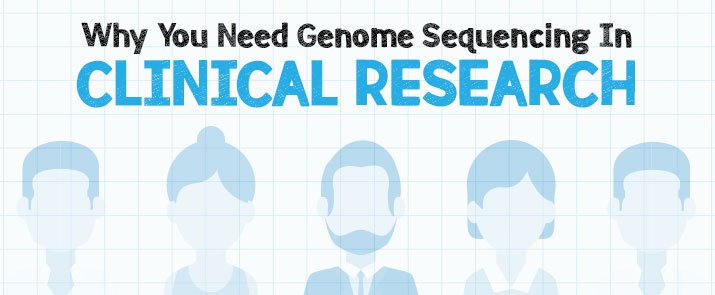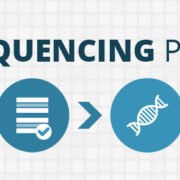Why You Need Genome Sequencing in Clinical Research
Clinical research is a tedious process that requires precise data to validate research claims. In its current state, there are many parts of the process that break down for various reasons. Between time constraints, financial resource allocation, data collective practices, material purchasing, cross-team communication, and so much more, there are big hurdles that all lead to cost and time increases.
When identifying individuals and collecting data both in pre and post-treatment phases, ensuring the right patients are selected is one of the large hurdles. During patient recruitment, there’s a term called the “Lasagna’s Law” which effectively states that researchers tend to overestimate the size of the available patients who meet the clinical research criteria. Often times, these researchers find out too late into the process that their target pool has a significant amount of patients that don’t meet the criteria. This is often frustrating because it wastes a considerable amount of time, resources, and capital which are all thrown out the door once a patient has been identified as unsuitable for the research.
To counteract these challenges, researchers are turning to genome sequencing as a low cost, rapid method for classifying patients. With clinical research, there is an increasing amount of focus on underlying inherited or environmental genetic factors that contribute to disease symptoms. Genome sequencing provides empirical data to back that research and is rapidly becoming a staple in any clinical research.
Genome sequencing really shines by increasing the quality of the patients within a research pool. Clinical researchers are starting to leverage sequencing within their inclusion/exclusion criteria to fine tune their pools and ensure that they maximize their time and resources. They can quickly and affordably sequence potential patients to screen for certain mutations in their gene(s) of interest without having to play guessing games.
Additionally, the FDA is increasingly valuing research that includes genetic data due to clearer empirical data and evidence of the patient pre/post treatment. This leads to a reduction in time the FDA spends reviewing and validating the data, ultimately leading to an overall cost optimization for clinical research.
In the new age of medicine (ie. “precision medicine”), cost reduction without sacrificing quality of research and data produced is paramount. By utilizing next-generation sequencing, clinical researchers can easily gain advantages not only within the quality of their patient pool but also significant cost savings. This ultimately allows for more research to be done in less time for a more affordable cost than the current standard.
Are you a clinical researcher looking to better understand how genome sequencing can help your next project? Let’s get in touch to go over the affordable available solutions.







